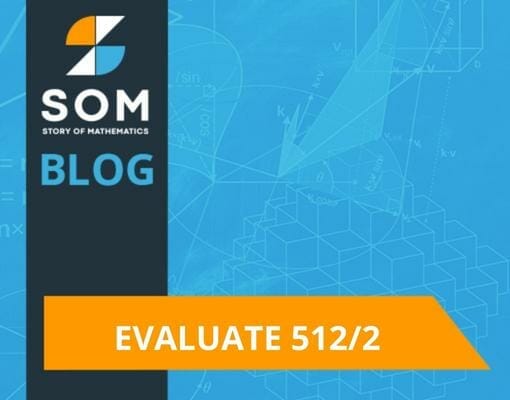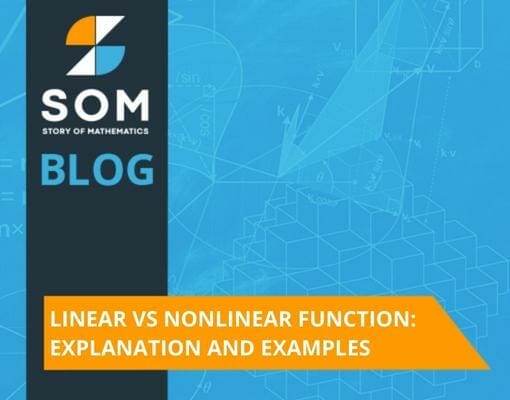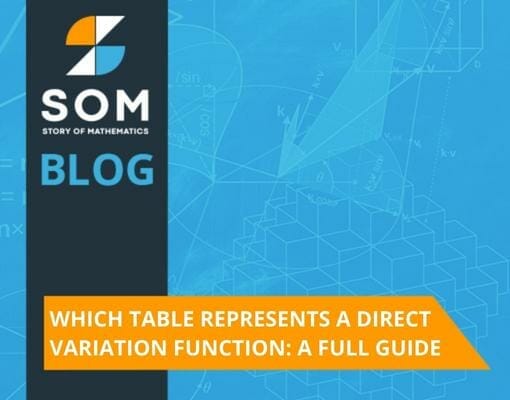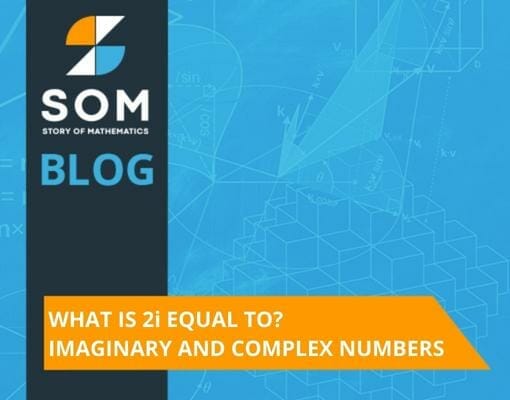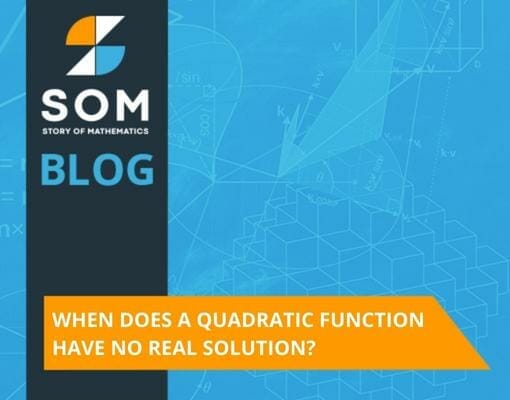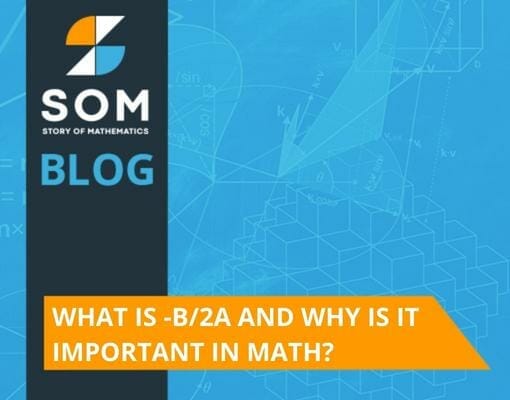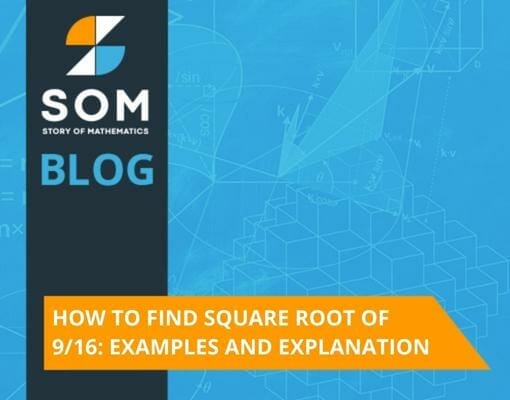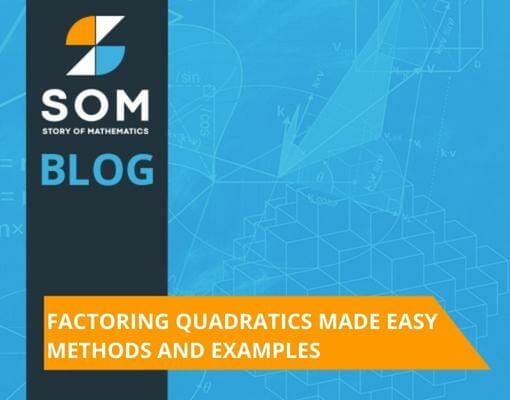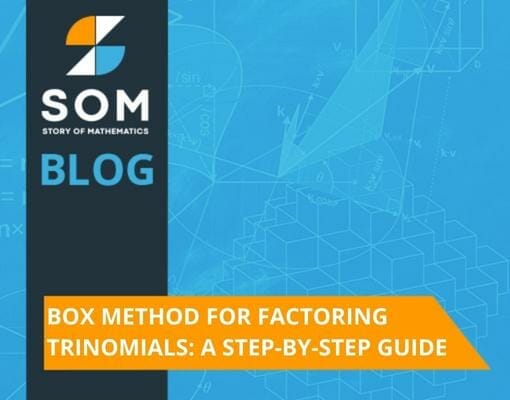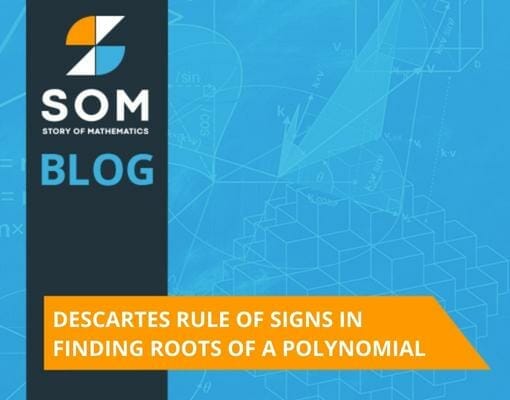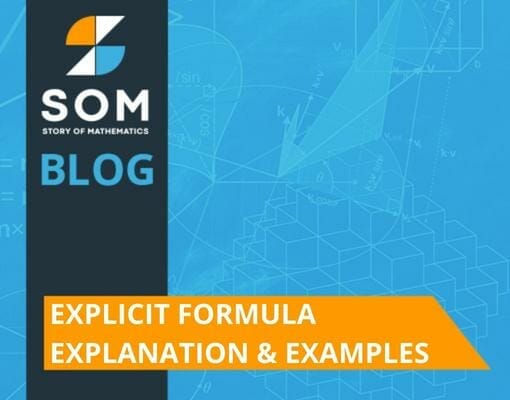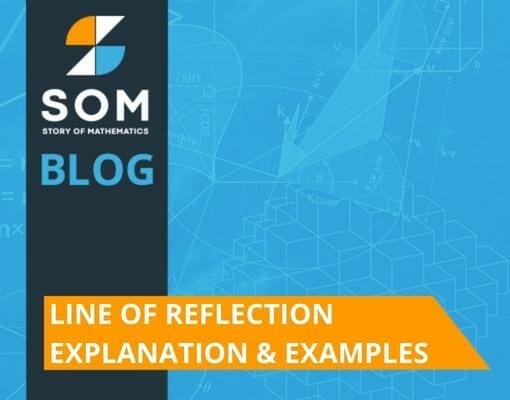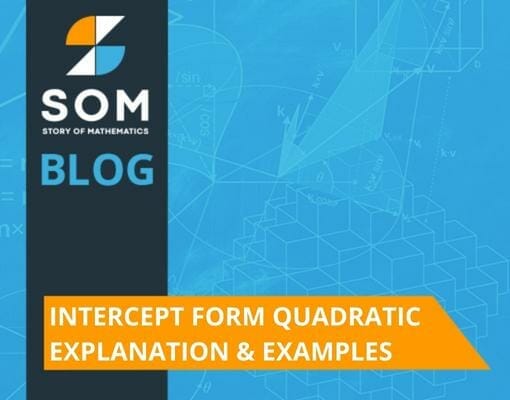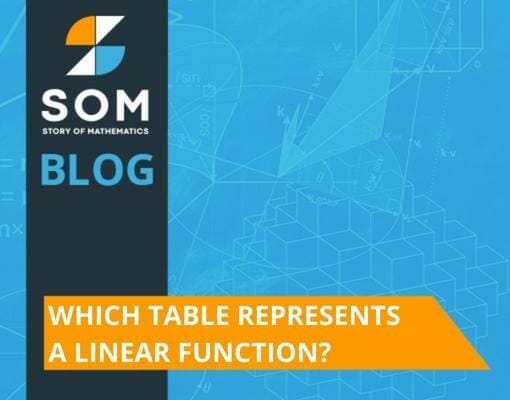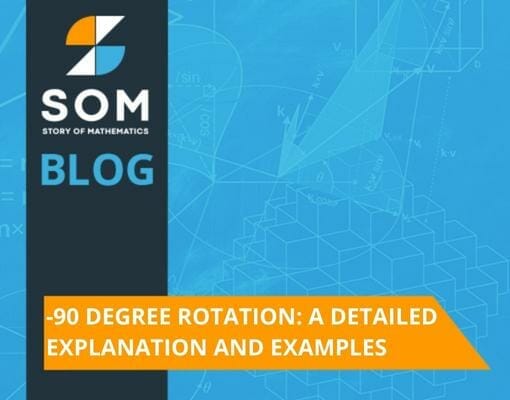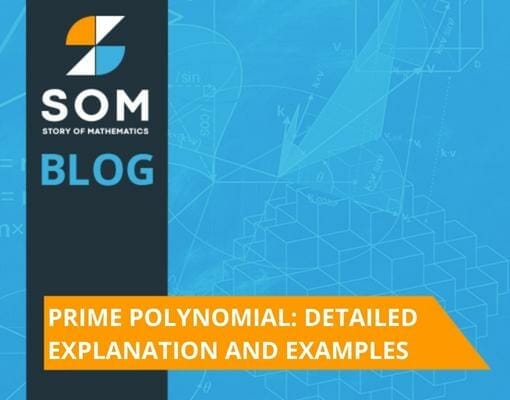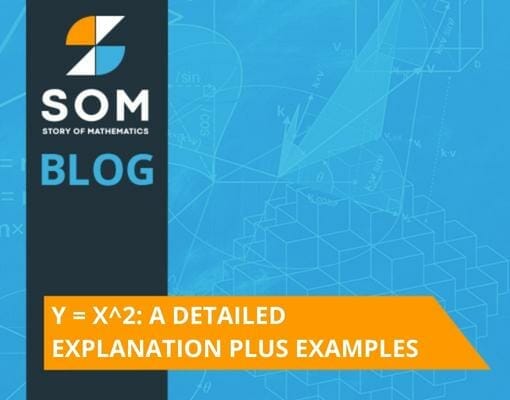Solving 512/2 Evaluating 512/2 is equal to 256. How did we arrive at that answer? We simply solve for the quotient when 512 is divided by 2. We can hit our calculators and plug in 512/2 to get the answer, but if calculators are not allowed, we need to perform integer divisions to arrive at […]
Category Archives: Algebra
Linear vs nonlinear functions is a standard comparison you will encounter while studying mathematics. Any given function can be represented as a graph. The graph can be linear or nonlinear, depending upon the characteristics of the function. This guide will help you better understand linear and nonlinear functions and how they differ from each other […]
Deciding which table represents a direct variation function is done by checking if the table of values presents a proportional relationship using the formula for direct proportion. It may seem like a difficult task, but worry no more because you can determine whether a function table displays a direct variation function or not within seconds. […]
Solving what is 2i equal to in algebra requires some knowledge of imaginary and complex numbers. The expression $2i$ is an imaginary number that is one of the roots of the quadratic polynomial $x^2+4$ or the square root of $-4$. This is because the square root of negative numbers does not exist in the real […]
A quadratic equation has no real solution if the value of the discriminant is negative. When we find the roots of a quadratic equation, we usually come across one or two real solutions, but it is also possible that we don’t get any real solutions. In this article, we will discuss quadratic equations in detail […]
The expression -b/2a is based on the constants of a quadratic equation and allows us to identify the vertex of a parabola. If you’re looking for an article that helps you understand the –b/2a and the vertex form, you just reached the right one. This discussion covers everything you need to know about this expression […]
The square root of 9/16 is $dfrac{3}{4}$. Solving the square root of a fraction can seem complex initially, but once you get the hang of it, it will be much easier. In mathematics, it is always convenient to divide complex problems into smaller parts before solving them. This guide will help you break down complex […]
Factoring quadratics is breaking down the factors of a quadratic expression, and since a quadratic expression is a polynomial of degree 2, then a quadratic polynomial has at most two real roots. In factoring a quadratic expression, we have to identify the two factors (of degree 1) that will give the initial quadratic expression when […]
The box method is considered one of the easiest and most fun ways of factoring trinomials because it uses a box to factor a quadratic polynomial completely. You have to place the first and last terms of the quadratic expression in the box and perform the indicated steps to obtain the factors. In this guide, […]
The Descartes Rule of Signs is a technique used in polynomials to determine the number of positive and negative real roots. It makes use of the signs of the coefficients of the terms of the polynomial by counting the times of change in signs of the coefficients. This technique is important in locating the real […]
The greatest common monomial factor is the product of common factors of all the given monomials. For example, if you are given three monomials, $6xy$, $4xy$ and $12xy$, then the product of common factors of each monomial will be called the G.C.F of the monomial. The greatest common factor (G.C.F) is used in mathematics to […]
The term factoring monomials mean to factorize a monomial into a product of two or more monomials. In this complete guide, we will discuss in detail what a monomial means and how we factorize a monomial, along with related examples. What Is Factoring Monomials? The term factoring a monomial means that we break down the […]
An explicit formula is used to calculate the nth term of a sequence by explicitly or directly putting in the value of n. For example, if you want to determine the $6^{th}$ term of the sequence, then you will put $n = 6$. The explicit formula is generally written as $a_{n} = a + (n-1) […]
A line of reflection is a line that lies between two identical mirror images, so the distance of any point of one figure from the line will equal the distance of the same point of the mirror image (flipped figure). The definition tells us that if we are given two images, such as mirror images […]
The intercept form of a quadratic equation is used to determine the x-intercepts of the quadratic equation or function. The standard form of a quadratic equation is: $y = ax^{2}+ bx + c$ We can write the intercept form of a quadratic equation as: $y = a (x-p) (x-q)$ In this article, we will study […]
If in a given table of two quantities, an increase/decrease of one quantity results in a proportional increase/decrease in the other quantity, then the table represents a linear function. If we are provided with a table with two variables “$x$” and “$y$” and for every value of “$x$” there is a specific corresponding value of […]
The -90 degree rotation is the rotation of a figure or points at 90 degrees in a clockwise direction. Rotations are part of our life, and we see this phenomenon on daily basis. Some of the real-life examples of rotation are: Rotation of earth around its axis Rotation of car steering Rotation of characters in […]
A prime polynomial or irreducible polynomial is a type of polynomial with integer coefficients that cannot be factorized into polynomials of lower degree with integer coefficients. Engineers, designers and architects have to deal with complex calculations on a daily basis, and most of the calculations involve polynomials. Polynomials are used in predicting different economic models […]
The function $y = x^{2}$ is quadratic, and the graph of this function represents a parabola. In this topic, we will discuss a quadratic function and how we will properly draw the graph of this function. Is y=x^2 a Quadratic Equation? Yes, $y = x^{2}$ is a quadratic equation. A quadratic equation is an algebraic […]

